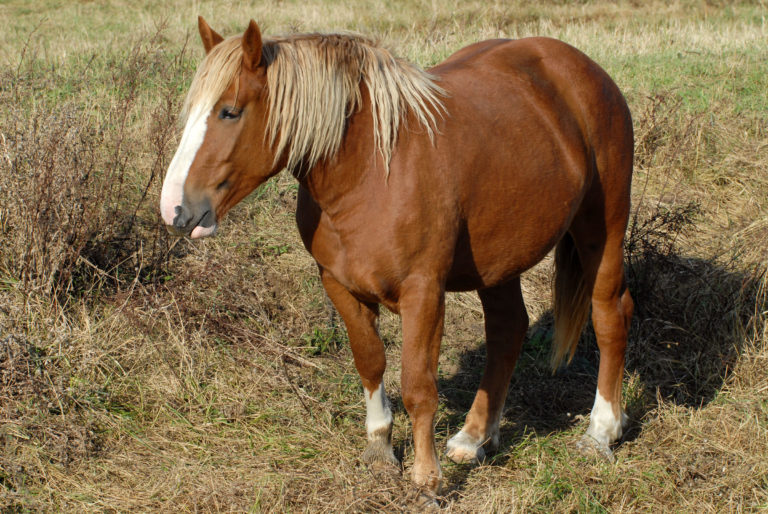
The following article was recently published in the Journal of Animal Physiology and Animal Nutrition from Wiley online press under the title: “Effects of different head–neck positions on the larynges of ridden horses.”
Article Summary
“Hyperflexion, that is the strong deflection of the horse’s head, poll and neck, is a prevalent training technique in equitation. Hyperflexion has come under criticism in recent years for being suspected of affecting the horses’ well-being contrary to animal welfare. The goal of the present study is a comparison between the impacts of different poll-neck positions on findings in the upper respiratory tract of ridden horses. For this purpose, video recordings of the larynges of 14 horses were taken using an overground endoscope. The videos were recorded at rest and during three different riding phases: firstly, in a stretching posture, secondly, in a working position and, thirdly, in hyperflexion. A comparison between the analyses of the working position and hyperflexion phases revealed a significant reduction in the laryngeal opening area (p = 0.001) with a value of 8.2 ± 5.0%. Furthermore, other parameters of the larynx evaluated also showed a significant diminishment. These changes did not correlate with the age of the horses or their level of education, and they were independent of the individual anatomical conditions of the poll-neck region.
“In summary, it can be stated that hyperflexion causes a considerable compression of the larynx.”
Authors
1. A. Zebisch1
2. A. May2
3. S. Reese3
4. H. Gehlen
1. Department of Veterinary Medicine, Equine Clinic, Free University Berlin, Berlin, Germany
2. Faculty of Veterinary Medicine, Equine Clinic, Ludwig Maximilians University of Munich, Munich, Germany
3. Faculty of Veterinary Medicine, Department of Veterinary Sciences, Ludwig Maximilians University of Munich, Munich, Germany








